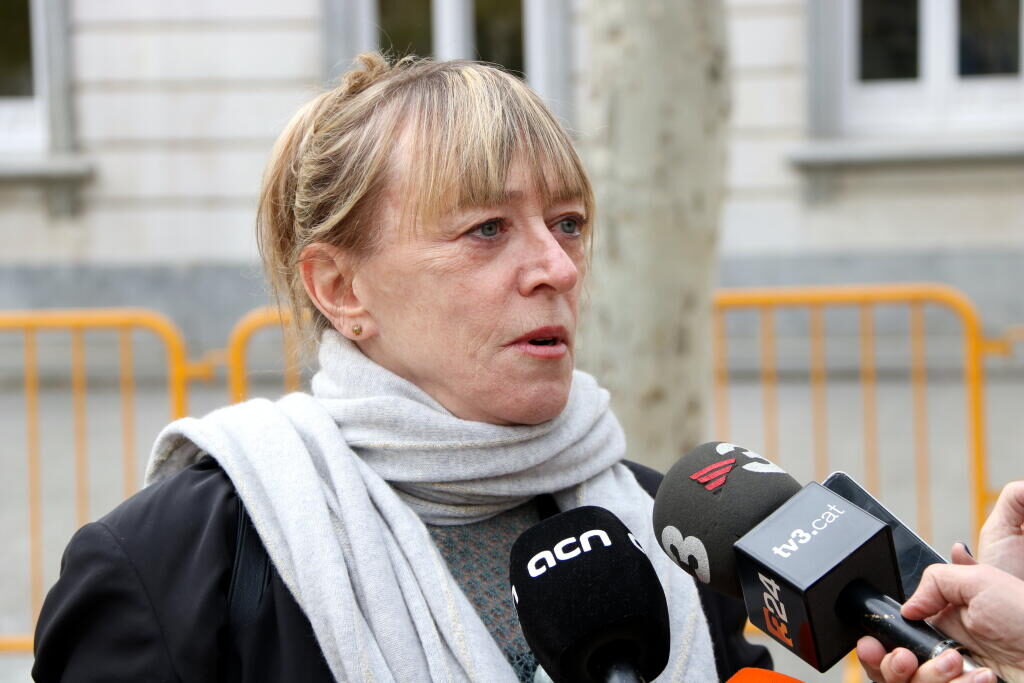09.04.2019 - 13:59
|
Actualització: 09.04.2019 - 15:59
Jody Williams, 1997 Nobel Peace Prize laureate, sees a “grotesque abridgment of human rights” at the Catalan referendum trial in Madrid. Specifically, she said that by jailing the pro-independence leaders, the Spanish judiciary is “already implying they are guilty.”
This is “the message they’re sending to all people in all of Spain,” she said, adding that what is being communicated is akin to “we’re gunna make sure they don’t go anywhere, and we’re gunna get ‘em.” This is not the only violation that Williams saw in following the Catalan Trial, now on day 28. “In addition to abridging the right of referendum,” she said, “they’re abridging freedom of expression, freedom of assembly, freedom of peaceful protest.”
Williams also specified that “that is dangerous to every single person living in this country,” adding that it also has a “ripple effect” throughout the world, something of which she stressed the importance. “I think that Spain thinks that it’s under the radar, and people don’t really care,” she expressed, emphatically adding “but people care.”
Police lies
Williams additionally accused Spanish police officers who’ve testified to violence on referendum day from voters as “lying,” and criticized that the Supreme Court does not allow the defense to show videos in response.
“I’m here,” said Williams, “because I think the most important thing for a government to do is to promote and support its peoples’ human rights.” However, she said, what she’s seeing is that “Spain’s unity is more important than the truth.”
Williams was awarded the 1997 Nobel Peace Prize for her fight against anti-personnel landmines and fight for human rights. She’s the president of the Nobel Women’s Initiative group, and signed the manifesto ‘Let Catalans Vote.’ She was requested as a witness for jailed activist Jordi Cuixart but the Supreme Court rejected this, another reason, she said, why she wanted to see the trial.
Insisting that the conflict in Catalonia is of a political nature, she argued that the issue should, therefore, be solved outside the Supreme Court. “This is not justice,” she said, “it seems like a farce.”


